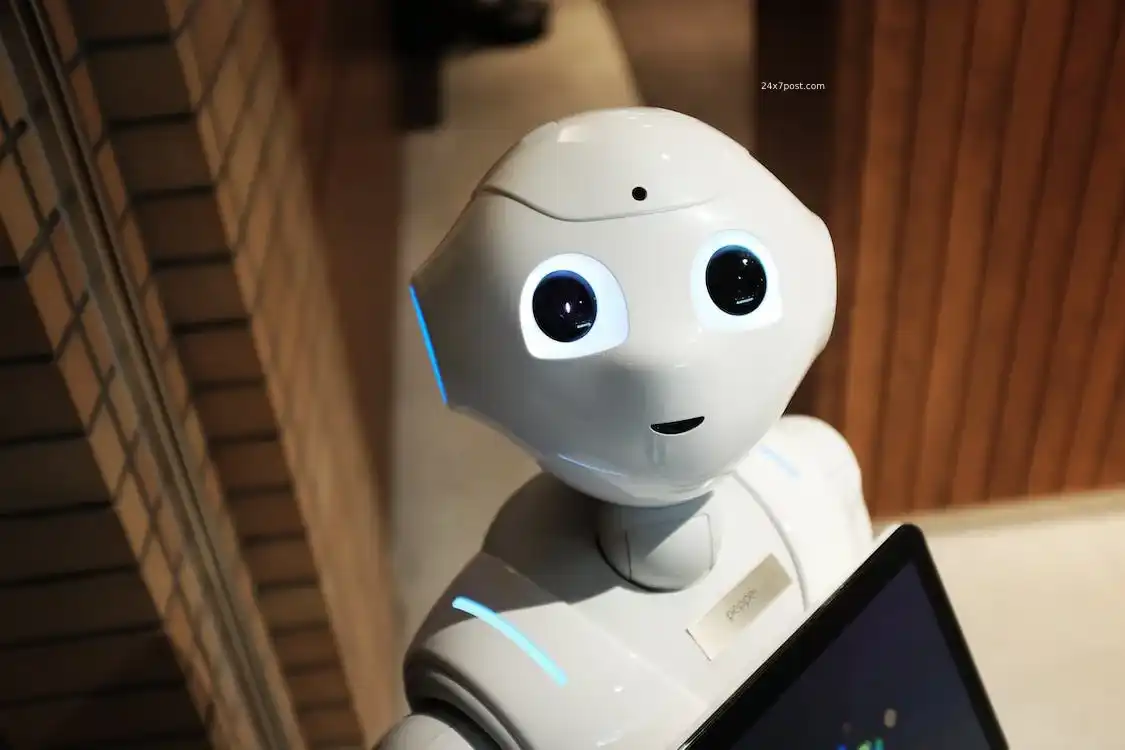The rise of Artificial Intelligence (AI) has sparked concerns about its potential to replace human jobs in various industries. A recent report by McKinsey Global Institute sheds light on the possible effects of AI on the job market in the United States. The study indicates that AI, coupled with changing consumer habits, could lead to a significant shift in employment opportunities, requiring workers to adapt to new roles.
The Growing Influence of AI on the Job Market
According to the McKinsey report, AI’s role in the US economy could represent 30 percent of the total hours worked by 2030. The advancement of automation and AI capabilities has the potential to replace jobs that involve repetitive tasks and data collection, impacting sectors such as office support, customer service, and food service employment.
Anticipated Job Losses and Required Occupational Transitions
The report predicts that approximately 12 million occupational transitions may be necessary in the US alone by 2030. Jobs that involve repetitive tasks, data collection, and elementary data processing are likely to be most affected. For example, demand for clerks could decrease by 1.6 million jobs, along with losses of 830,000 retail salespersons, 710,000 administrative assistants, and 630,000 cashiers.
Low-wage workers are expected to bear the brunt of these changes, with individuals earning less than $30,800 annually being up to 10 to 14 times more likely to require occupational changes compared to higher earners. This shift in jobs will necessitate low earners to acquire new skills to transition to different sectors.
The Importance of Upskilling
The study emphasizes that individuals who keep up with technological trends and invest in upskilling will have a better chance of surviving in the job market. As the job landscape evolves, having advanced technical skills and education will be crucial for securing new roles. Moreover, the coexistence of humans and AI will be facilitated by upskilling efforts.
Emerging Jobs Due to AI
Despite anticipated job losses, the report also identifies sectors that will see significant job growth due to AI. The healthcare industry is projected to experience the largest increase, with a demand for 3.5 million more jobs for health aides, health technicians, and wellness workers. Additionally, sectors like banking, insurance, pharmaceuticals, healthcare, and transportation services are predicted to undergo major digital transformations, resulting in increased job opportunities.
The report highlights that demand for STEM jobs is expected to rise by 23 percent by 2030, indicating a growing need for individuals with complex problem-solving, critical thinking, and creative skills.
Conclusion
As AI continues to reshape the job market, it will lead to both job losses and job growth in different sectors. While some jobs involving repetitive and manual tasks may decline, those requiring higher levels of education and skills will experience growth. The ability to adapt, upskill, and embrace technological changes will be crucial for individuals to thrive in this evolving job landscape.
